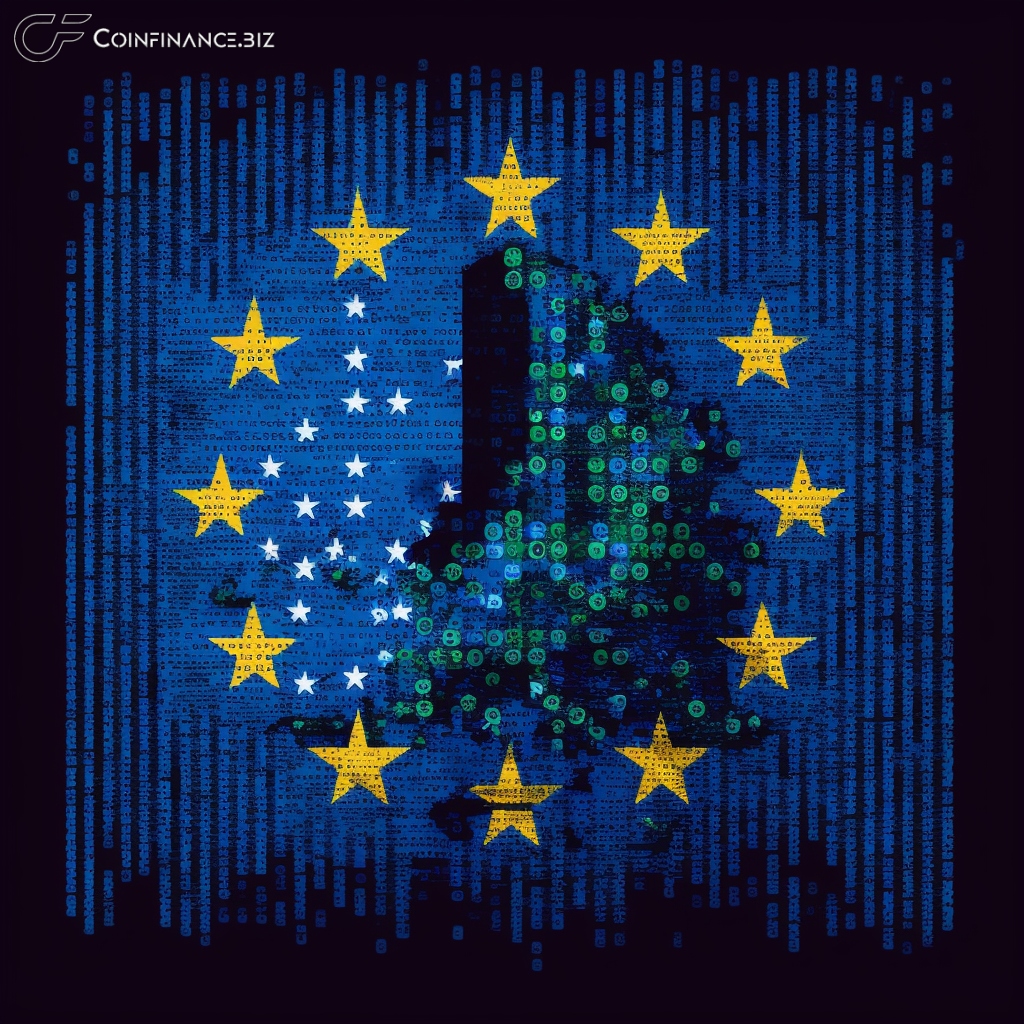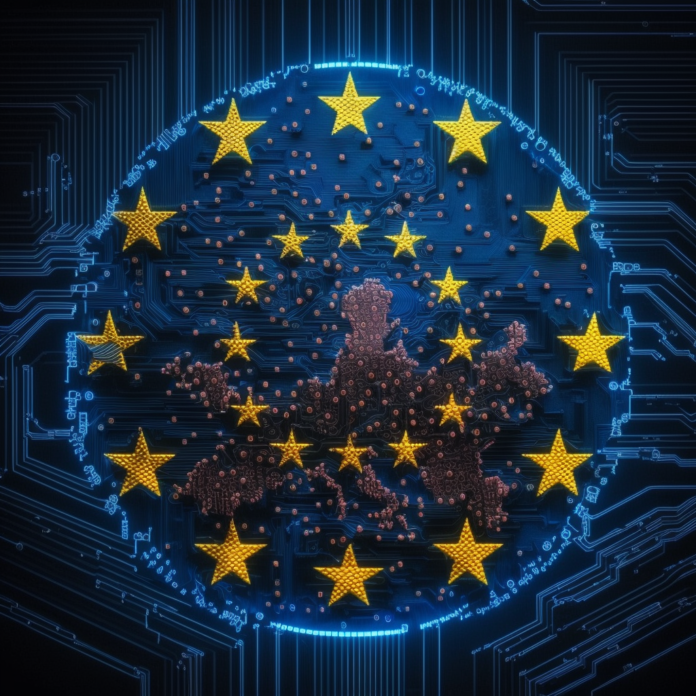The European Parliament has recently voted in favor of a proposal to establish a mandate for interinstitutional discussions to create a digital wallet that will be applicable throughout the entire EU.
This new framework, known as the European Digital Identification (eID), aims to develop what is referred to as the European Digital Identity Wallet (EDIW). The EDIW will serve as a digital wallet that EU individuals and businesses can use to store their identity information, such as names and addresses, and digitized documents like bank account data, birth certificates, diplomas, and other pertinent information that can be used across borders.
Zero-Knowledge Proofs for Complete Control Over Identification Data
The proposed eID modifications include the norm of zero-knowledge proofs that will provide EU individuals with complete control over their identification data. This will enable individuals to identify and verify themselves online without relying on commercial providers, which has given rise to trust, security, and privacy issues.
Scheduled Legislation Proposal for Safe and Simple Internet Services Access
The electronic identification legislation proposal is set to be presented in June 2021. Its primary objective is to offer EU residents a secure and easy-to-use approach to accessing internet services. With the development of a digital wallet, it will be possible to store personal data in a safe and secure way, offering an alternative to using commercial providers. The modifications approved by the ITRE committee in February will serve as the foundation for the European Parliament’s stance throughout the negotiating process.
The Potential for Improved Efficiency and Increased Security and Privacy
The transition to a unified digital wallet throughout the EU has the potential to enhance the efficiency of online services, making it easier for individuals and businesses to use services offered in other member states. The implementation of zero-knowledge proofs will result in an increased level of security and privacy for people, who will retain complete control over their identity information. The establishment of a European Digital Identity is one step closer to becoming a reality due to the negotiations that will immediately begin on the final form of the law.

Conclusion
The EU Parliament’s decision to establish a digital wallet applicable throughout the entire EU will enable individuals and businesses to store their identity information and digitized documents safely and securely. The use of zero-knowledge proofs will offer complete control over identification data, enhancing the level of security and privacy for individuals. The upcoming legislation proposal will provide EU residents with a simple and secure way to access internet services. The move towards a unified digital wallet has the potential to improve the efficiency of online services, making it easier for individuals and businesses to use services offered in other member states.




